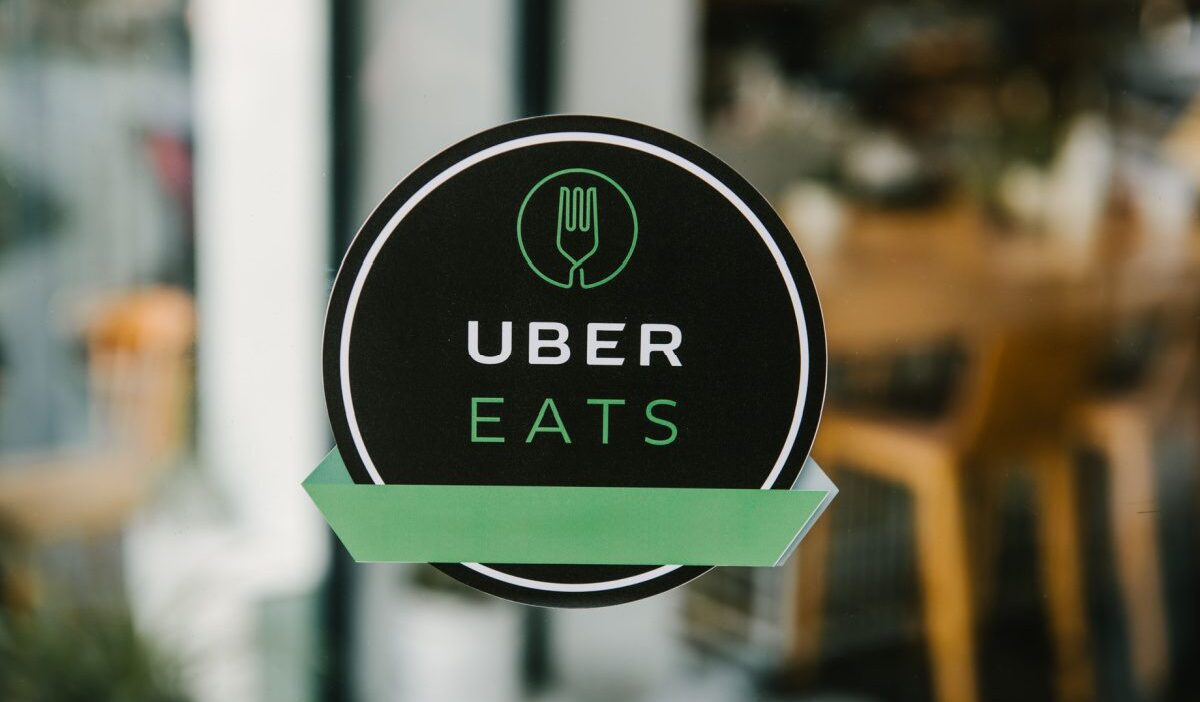Uber has revealed new details about its six-week-old partnership with restaurant booking platform OpenTable.
The two companies announced their partnership in late March, and Uber revealed on Wednesday (May 14) that OpenTable would begin powering reservations via the Uber Eats app. The company shared more information about this arrangement with Bloomberg News.
“For us at Uber Eats, restaurants are at the core of what we do, so it’s crucial that we help bring additional opportunities to drive revenue, engage existing diners and reach new ones,” Dara Khosrowshahi, chief executive officer of Uber, told Bloomberg via email.
“We believe the food and grocery delivery space is too big to build by ourselves, so we’re cultivating a network of partners like OpenTable to work together and play off each other’s strengths and capabilities.”
Dine Out will launch in September in London and Sydney before expanding in phases to most OpenTable-connected restaurants in the U.S., Canada, Mexico, the U.K., Ireland, and Australia, said OpenTable CEO Debby Soo, adding that her company initiated the collaboration with Uber.
“We approached them a few weeks ago, we said we think there’s a lot of synergy here with what you’re doing with Eats. They got it right away,” Soo told Bloomberg.
The report added that the companies will introduce a feature for Uber One members early next year that offers users exclusive access to hard-to-book restaurants.
As PYMNTS noted when the companies first announced the partnership, digital commerce has become the rule and not the exception, thanks to the proliferation of smart devices.
Research from the PYMNTS Intelligence report “How People Pay: Consumer Preference for Connected Technology” found that, in the restaurant sector, mobile ordering, QR code payments and contactless transactions are becoming key to the dining experience.
It also found that digital ordering and payment processes are crucial for businesses to remain competitive.
The OpenTable partnership is part of a wave of new offerings Uber announced this week, including several aimed at helping consumers save money.
For example, there’s a new product for Uber Eats called “Savings Slider” which allows shoppers to compare prices for items on their grocery list within stores, or even get suggestions about nearby grocers offering better deals.
This is happening as inflation and economic uncertainty are causing consumers to reconsider their restaurant habits, per recent PYMNTS Intelligence research.
According to those findings, two-thirds of consumers would adjust their grocery and restaurant spending. Of that group, 50% of respondents say they would purchase less, in terms of quantity, while the other half would opt for cheaper options.
“Overall, there’s some resistance to just forgoing dining out altogether, even with inflation,” PYMNTS wrote earlier this week. “While restaurant dining is viewed as discretionary, only 14% of consumers said they would be willing to eliminate it entirely after price increases.”



